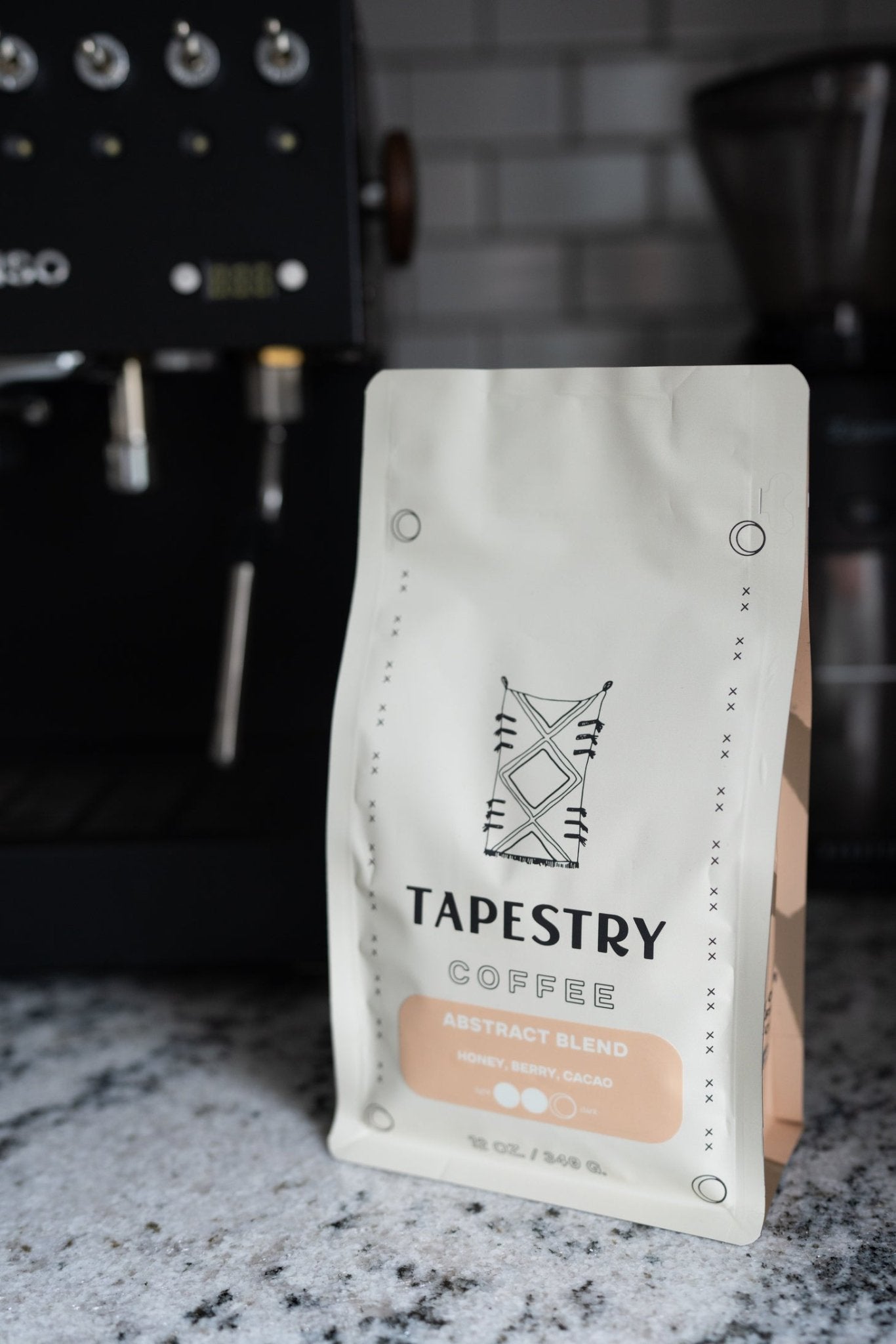The pursuit of the perfect cup of coffee is an art, and freshness plays a pivotal role in achieving that elusive perfection. Have you ever wondered if there's such a thing as coffee that's too fresh? In this exploration into the world of coffee freshness, we'll unravel the mysteries surrounding the ideal timing for brewing, the nuances of flavor development, and the lifespan of those aromatic coffee beans after they've met the roaster.
Join us on a journey to understand the delicate balance between freshness and maturity, answering questions like, "How fresh should coffee be?" and "Can you drink coffee that was roasted a year ago?" Whether you're a seasoned coffee enthusiast or just starting your coffee discovery, this exploration will shed light on the fascinating dynamics of coffee freshness and how it impacts your daily brew.

How Fresh Should Coffee Be?
Coffee is at its peak freshness within the first two weeks after roasting. During this time, the flavors are vibrant, and the aromas are at their most enticing. However, the definition of "too fresh" varies depending on personal preferences and the brewing method.
How do you know if coffee is still fresh?
Fresh coffee should exhibit a strong and pleasant aroma, a robust flavor profile, and a noticeable level of crema if brewed as espresso. If your coffee lacks these characteristics, it might be losing its freshness.
How long should coffee sit after roasting?
To strike the perfect balance, let your coffee beans rest for about 1 to 4 days after roasting. This brief period allows the beans to degas, enhancing the flavors during brewing.
Does fresh coffee taste better?
Absolutely! Freshly roasted coffee beans capture the essence of their origin, delivering a more nuanced and flavorful cup. The aromatic compounds are at their peak, contributing to a delightful and rich taste.
How long can coffee last after the roast date?
While coffee remains drinkable for several months after the roast date, it is advisable to consume it within the first month for the most vibrant flavors. Beyond this timeframe, the freshness diminishes gradually.
Can you drink coffee that was roasted a year ago?
Technically, you can still drink coffee roasted a year ago, but the flavors will be significantly muted. For an optimal coffee experience, aim to enjoy your beans within the first few weeks to months after roasting.
How long to wait after roasting coffee before grinding?
Allow freshly roasted coffee to rest for at least 24 hours before grinding. This short resting period helps stabilize the flavors and ensures a consistent grind.
How do you store coffee to maintain freshness?
Store coffee in an airtight container in a cool, dark place. Avoid exposure to light, air, and moisture, as these factors can compromise the freshness and flavor of the beans. You can also read more on our blog post about storage to maximize coffee freshness!
How long after the roast date should you use your coffee beans?
For the best results, use your coffee beans within the first month after the roast date. This timeframe ensures that you experience the full spectrum of flavors and aromas.
Do roasted coffee beans expire?
While roasted coffee beans don't technically "expire," their freshness diminishes over time. After a few months, the beans may lose their vibrant flavors, and the coffee's overall quality may decline.
In summary, the key to enjoying the perfect cup lies in finding the sweet spot between freshness and maturity. Experiment with different roast-to-brew timelines to discover your ideal balance of flavors and aromas.
Does the type of coffee bean impact freshness differently?
Absolutely. The two primary types of coffee beans, Arabica and Robusta, each bring their unique characteristics to the freshness equation.
- Arabica Beans:
- Flavor Preservation: Arabica beans are renowned for their nuanced and complex flavor profiles. These beans often contain higher acidity and a wider range of aromatic compounds. Due to this complexity, the freshness of Arabica beans can be more delicate, and they may reach their peak flavor sooner after roasting.
- Shorter Shelf Life: Arabica beans, with their delicate flavors and aromas, tend to have a shorter shelf life compared to Robusta. For the most vibrant and nuanced experience, it's advisable to consume Arabica beans within the first few weeks after roasting.
- Robusta Beans:
- Bold and Robust: Robusta beans are characterized by their bold, robust flavors and higher caffeine content. These beans are often considered hardier than Arabica, with a more straightforward flavor profile. As a result, Robusta beans may maintain their freshness and boldness for a more extended period.
- Extended Freshness: Robusta beans can exhibit a more extended freshness window compared to Arabica. The bold flavors and higher caffeine content act as natural preservatives, allowing Robusta beans to remain vibrant for a more extended period after roasting.
Can the brewing method affect how long coffee stays fresh?
Yes, the brewing method plays a significant role in how long the freshness of coffee beans is preserved. Different brewing techniques extract flavors differently, and this can influence how quickly the nuances of freshly roasted coffee diminish. Here's how various brewing methods impact the freshness of your coffee:
- Espresso:
- Quick Extraction: Espresso is known for its rapid extraction process. The high pressure used in espresso machines extracts flavors swiftly, resulting in a concentrated and intense cup of coffee. However, this rapid extraction may also lead to a quicker loss of freshness compared to slower methods.
- Freshness Tip: For espresso enthusiasts, using freshly ground beans immediately before brewing can enhance the overall freshness of the cup.
- Pour-Over:
- Controlled Extraction: Pour-over methods, like the Hario V60 or Chemex, involve a slower and more controlled extraction process. The gradual pouring of water allows for a more even extraction of flavors, preserving the subtle nuances of freshly roasted beans.
- Freshness Tip: With pour-over methods, using a consistent grind size and adjusting the brewing time can help maintain the freshness of the coffee.
- French Press:
- Full Immersion: In a French press, coffee grounds are fully immersed in water, allowing for a more extended steeping time. This method can result in a fuller-bodied cup of coffee, and the prolonged contact time may contribute to a slower decline in freshness.
- Freshness Tip: To enhance freshness in a French press, consider adjusting the coarseness of the grind and experimenting with steeping times.
- Cold Brew:
- Extended Brewing Time: Cold brew involves a significantly longer brewing time, often spanning 12 to 24 hours. This slow extraction process can create a unique and mellow flavor profile, and the extended brewing time may contribute to a more prolonged freshness period.
- Freshness Tip: Cold brew can be stored in the refrigerator for several days without a significant loss of freshness. Use a coarse grind for optimal results.
In summary, brewing methods that involve a slower and more controlled extraction process, like pour-over or cold brew, may contribute to a more extended period of freshness. Conversely, quicker extraction methods, such as espresso, may showcase the vibrant flavors of freshly roasted beans but might experience a more rapid decline in freshness.


